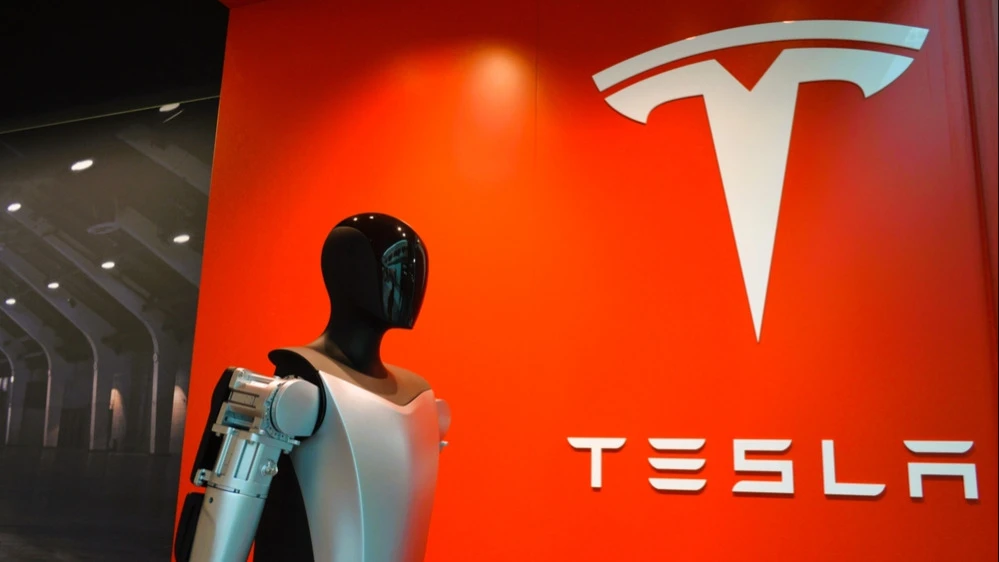Stock market could grow by $16 trillion thanks to AI - Morgan Stanley
The bank's forecast calls for a 29% rise in the S&P 500

Increasing the productivity of companies through AI can add $13-16 trillion to the value of the stock market, according to Morgan Stanley analysts. This will allow the S&P 500 index to grow by another third, noted Business Insider. According to the bank, companies in industries such as FMCG distribution, retail, real estate and transportation will benefit the most from the introduction of AI technologies.
Details
According to Morgan Stanley strategists, productivity growth and large-scale optimization of companies' expenses due to the introduction of technologies with AI can increase the capitalization of the S&P 500 index by $13-16 trillion. This is stated in a note for the bank's clients, quoted by Business Insider. The upper boundary of the stated range assumes growth of the index by another 29% relative to the current level.
These forecasts are not time-bound and are based on the assumption that AI capabilities will "rapidly improve" and companies will implement the technology everywhere, the bank's strategists said. In annual terms, this could bring about $920 billion in net benefits to large corporations - mainly due to staff reductions, cost reductions and new sources of revenue, the investment bank said.
Morgan Stanley analysts separately highlighted AI agents - systems like Salesforce's Agentforce that can make decisions and act more independently than generative AI. They estimate this area could give S&P 500 companies $490 billion in additional value. And humanoid robots like Optimus from Tesla could add another $430 billion. Together, these factors could increase the value of companies in the S&P 500 by more than 25% of their adjusted pretax earnings, Morgan Stanley estimates.
Who benefits from this
Morgan Stanley believes that companies in such industries as distribution of consumer goods, retail trade, real estate and transportation will benefit the most. In the long term, value gains in these segments could at least double the pre-tax profit that companies expect to generate in 2026, the bank said in a note.
In the study, Morgan Stanley notes that businesses are showing signs of a "tipping point" in the use of artificial intelligence.
"Such large-scale value generation is only possible with full technology adoption, which will take years, with timelines varying by company and industry," the bank said in a note. - If AI capabilities continue to grow at a non-linear pace, the impact of its adoption will exceed even our high estimates."
How it will affect the labor market
The mass introduction of AI will cause problems in the labor market: some employees will have to learn new skills or change careers. Morgan Stanley estimates that artificial intelligence will affect about 90% of existing jobs, but will also create new ones, such as "AI supply chain analyst" or "AI ethics specialist".
"History suggests that AI may eventually lead to net job growth, although there will still be periods of displacement of workers," the strategists said, recalling past technological revolutions, including the Internet boom. - A critical factor will be the ability of employees to retrain themselves to return to work more quickly."
Not all analysts agree with Morgan Stanley. In 2023, Goldman Sachs estimated that AI could automate about 300 million full-time jobs, especially in administrative and legal fields. And Anthropic CEO Dario Amodei suggested that AI could eliminate half of "entry-level" office jobs within the next five years. In his opinion, this could cause the unemployment rate to jump to 20%.
This article was AI-translated and verified by a human editor
